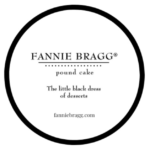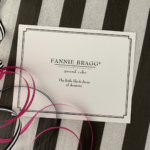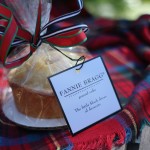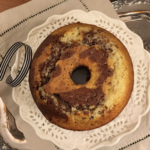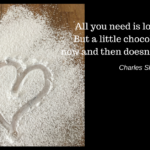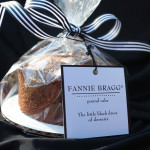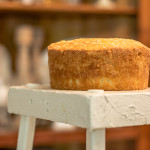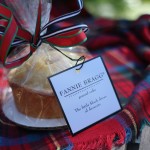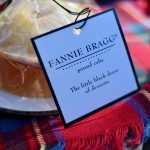Once there was a time when it was the norm for home-baked pound cakes to grace kitchen counters. Beyond the pure deliciousness of the thing, there was the fact that someone cared enough to bake it. Pound cakes take time; thoughtful planning is required. More often than not, those “someones” were our mothers, grandmothers or great-grandmothers. They cared.
They cared, not only for their own families, but for their communities, as well. Presenting a pound cake was an extension of that care. If someone had a baby … bake a pound cake. If someone’s great-uncle died … bake a pound cake. If a church picnic was planned … bake a pound cake. The pound cake was a pure form of demonstrating genuine care and love.
Pound cakes were considered a staple, a necessity. They could fix anything. For children slamming into the house after a rough day at school, a pound cake resting on the kitchen counter was a symbol that all was right with the world.
Fannie Bragg was my grandmother. She baked memorable pound cakes. She handed down the ritual of pound cake-baking to my mother, and my mother handed it down to me. There are thousands of families of women just like us; we are not unlike any others who bake for their families and communities. But it’s less common now. It’s not the norm. Things happen fast these days. There seems to be little time to gather ingredients much less assimilate and bake them.
My sons, Bobby and Hastings, have encouraged me to share my pound cake. It’s the recipe they grew up with; it’s the cake that was resting on the kitchen counter when they came home from school. So together we want to share this cake. We hope you enjoy it. We hope it brings back good memories for you. If you don’t have a “someone” who bakes pound cakes, we’ll be that someone. … Pat Blumer




